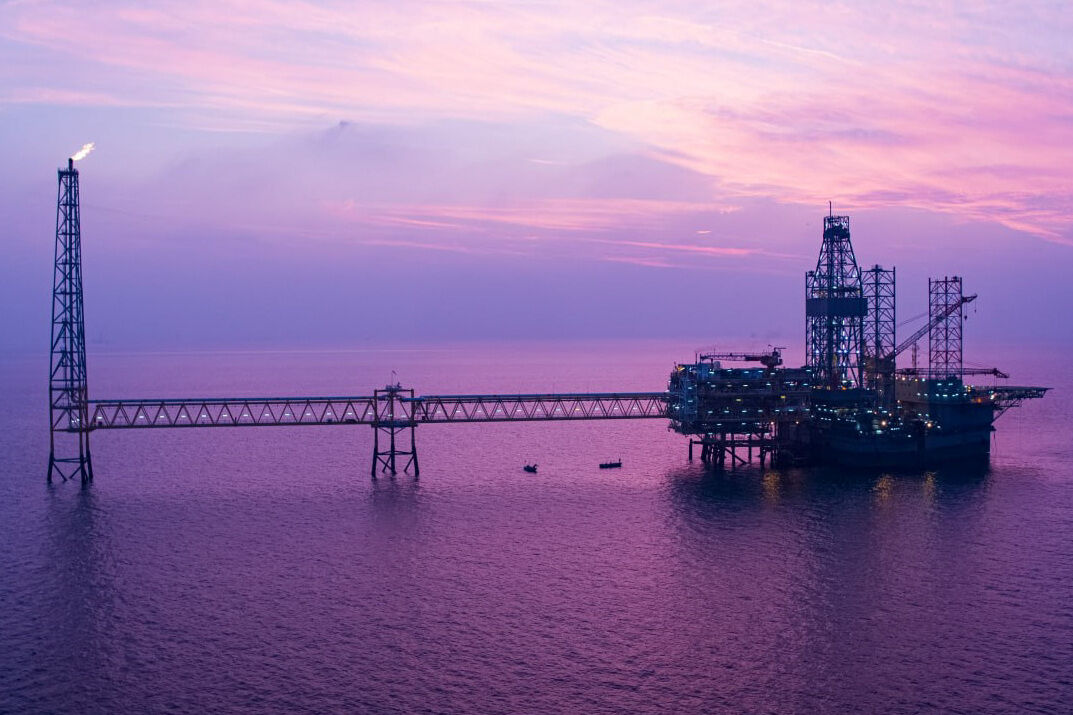Hojjatollah Ghanimi-Fard, referencing the oil industry’s unique challenges under sanctions, emphasized that hosting such events requires comprehensive evaluation, reforming investment infrastructure (domestic and foreign), clarifying executive procedures for capital attraction by senior oil officials, and preventing decision-making by unauthorized individuals.
Addressing criticism of past conferences, he noted that the success or failure of previous summits does not guarantee the same outcome under current conditions. Given global, regional and national economic shifts, strengths and weaknesses of such events must be realistically assessed. Foreign investors, regardless of nationality, require assurance of security in all aspects—particularly economic—before entering Iran’s oil projects. He also stressed eliminating intermediaries to ensure contract integrity.
Bureaucracy: Main obstacle to investment
The former NIOC official highlighted the need to amend restrictive regulations, stating that one-sided and limiting rules must be revised or abolished to attract genuine investment. Past failures should not be ignored but reviewed and corrected with input from experts and senior officials. Studying successful global models could also improve decision-making for projects like flare gas recovery or pipeline construction.
Ghanimi-Fard pointed to past collaborations with companies like Total, Eni and Chevron, which left Iran due to sanctions, noting that returning firms may impose stricter terms. Rebuilding their trust requires strengthening legal, security and economic frameworks.
He warned that without addressing bureaucratic hurdles—such as permitting delays, unqualified negotiators and legal inconsistencies—even the most attractive projects will fail to entice investors. "Investors see time as money," he said. "If delays occur, they either abandon talks or demand compensation from the oil ministry."
Foreign Ministry supports oil negotiations
On cooperation between the oil and foreign ministries, Ghanimi-Fard said that during his tenure, the foreign ministry consistently aligned with national policies, supporting—not obstructing—oil negotiations both domestically and through embassies abroad.
Collaborating with foreign partners, he added, not only showcases Iran’s oil capabilities but allows access to global knowledge and technology. However, a one-size-fits-all approach is ineffective—each project demands tailored regulations based on cost, risk and returns.
Regional competition requires balanced framework
Foreign companies fully recognize Iran’s distinct investment climate, he said. Attracting capital requires a fair, logical framework benefiting both investors and the host country—not blind imitation of regional models.
5 mbd: An achievable goal
Reaching a daily oil production target of 5 million barrels or boosting natural gas exports—via pipelines or LNG—requires precise calculations aligned with Iran’s and the world’s economic realities when drafting contracts. Developing shared onshore and offshore fields should neither copy other nations’ regulations nor deter investors, but safeguard national interests.


Your Comment